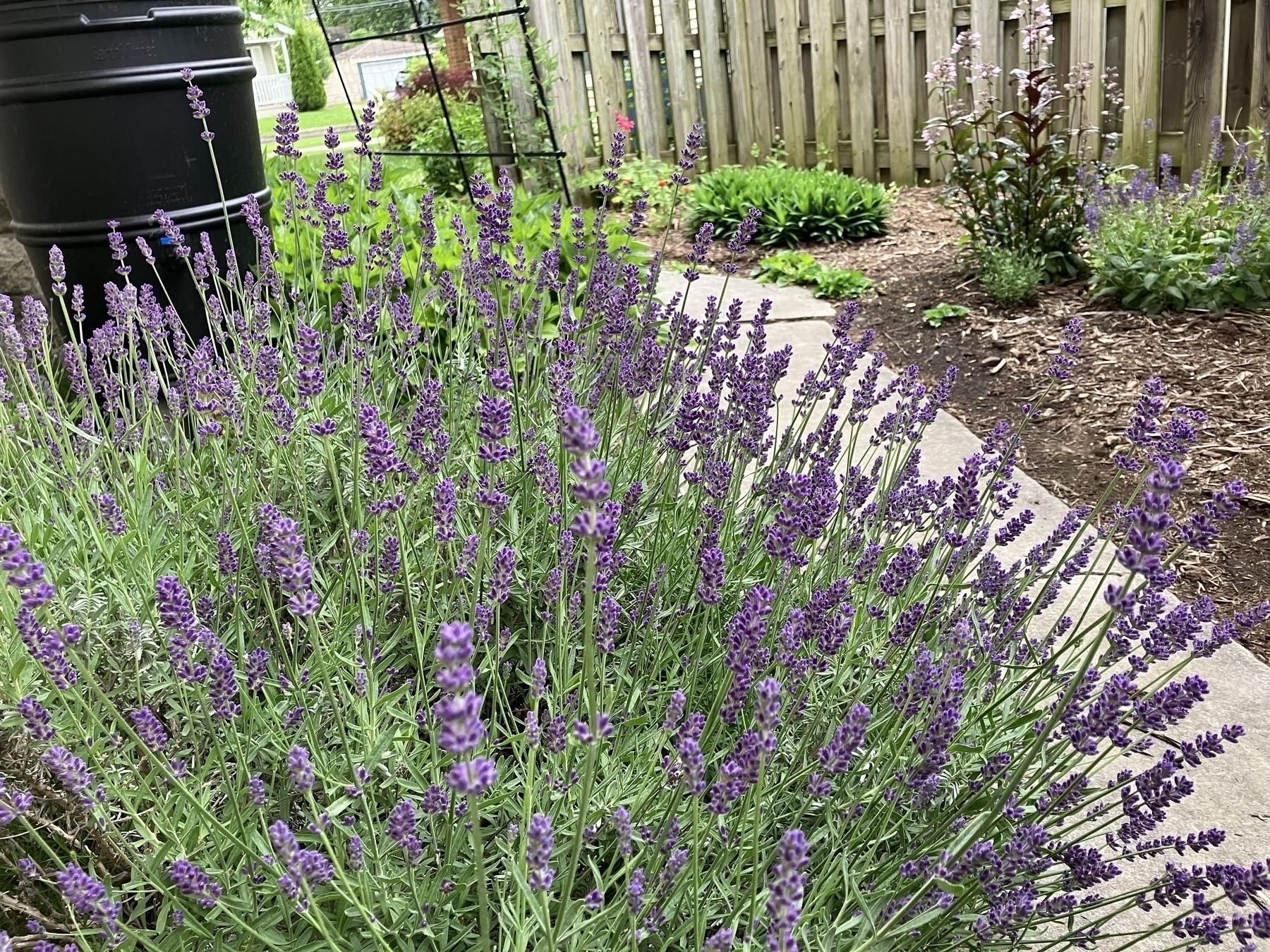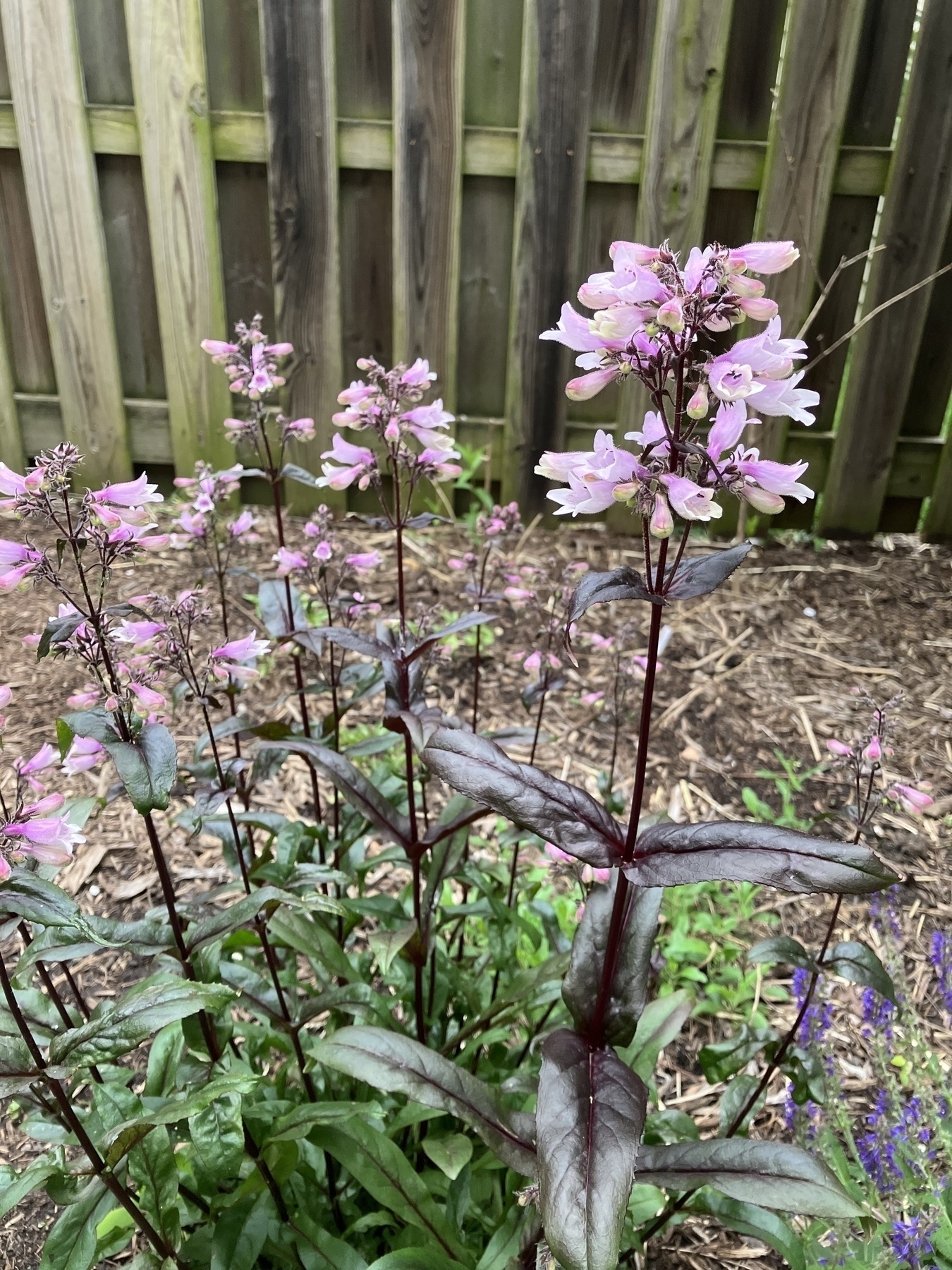Rune Hjarnø Rasmussen has a new video following up on his earlier video on Trump as trickster. Relatedly, check out the episode of The Emerald on the trickster which I linked here.
Couple of pictures from the garden this evening.


The free world realized in the twentieth century that gulags couldn’t break the human spirit. So it invented traffic.
It’s sometimes said that Tolkien had no “magical system” underlying LOTR. This post makes a good argument that there is one, albeit more subtle than most.
Good interview with Mary Berry, daughter of Wendell Berry and executive director of the Berry Center:
To my mind, the agrarian ideal—the idea that we live in a land ethic, that what’s good for the health of the land is good for us—all that is true, it turns out. So, we tell our students here, If you want to farm, you’re going to have to learn to take absolute pleasure in the place that you are. I think if you can learn to be satisfied and fascinated by the place where you are, contentment is possible, and from contentment, it seems to me, joy is then possible.
Take Kent Rollins’ two ingredient biscuit recipe, add a half cup of raisins and two teaspoon of cinnamon (maybe some powdered sugar icing if you’re into that) and you have cinnamon raisin biscuits better than Hardee’s had back in the day.
At the heart of Microsoft’s decision lies an uncomfortable truth about modern corporate governance: human lives have been reduced to variables in an optimization equation.
For those counting headcount reductions as merely statistics, remember this: Behind each of the 6,000 is a person who until yesterday believed they were valued members of one of the world’s most successful companies. People with families, mortgages, healthcare needs, and career aspirations.
The question that should haunt every corporate boardroom but rarely does: If a company at the pinnacle of capitalism, with virtually unlimited resources, treats human capital as its most dispensable asset, what hope exists for workers across the broader economy?
As one employee, a 14-year Microsoft veteran, posted on LinkedIn after receiving notice: “I helped build systems I was told would make all our jobs better. Instead, they made my job irrelevant.”
The algorithm of sacrifice demands efficiency above all else. And in the church of shareholder value, human capital has become the preferred offering.
The computer used to mean the world to me. The computer was a portal to the world I wished to be in. Times change, and I no longer wish to be in contact with much of the world that’s in my computer.
I feel this. The internet of 1995 to 2010 changed my life. It opened up the world to me in wonderful ways. I loved blogging. And even though Twitter killed blogs, early Twitter was a lot of fun. I made some good online friends and we had fantastic conversations. And while everything has changed, I’m thankful for my great little circle here on micro.blog.
To my surprise, it doesn’t look like I’ve ever urged you to listen to John Lithgow’s reading of The Monkey’s Paw. Allow me to urge you now.